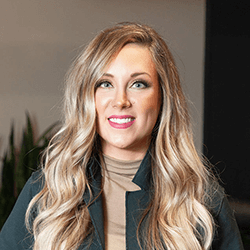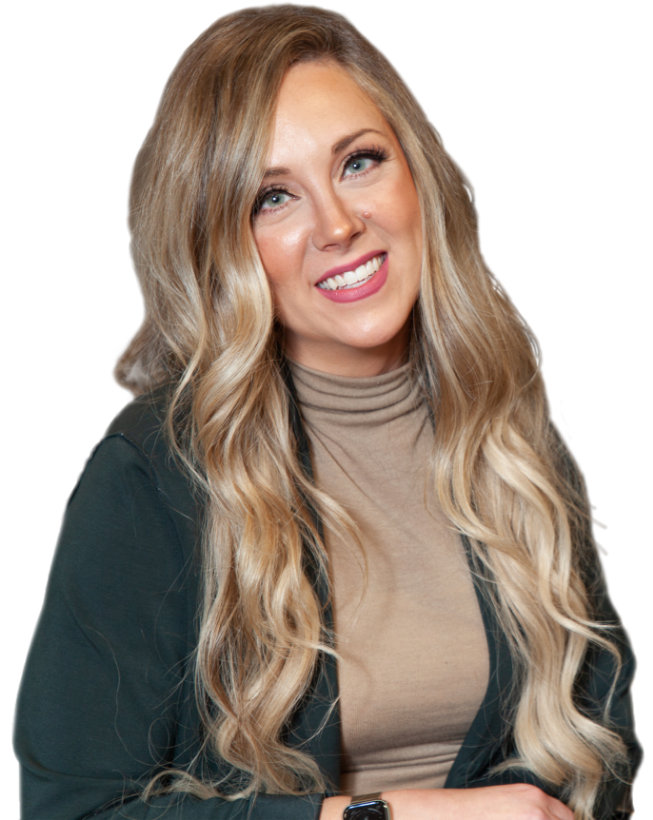Fighting Learned Helplessness to Create a New Reality
“Momma, I don’t want to ride the bus today.” I had heard it before. In fact, I had heard it several times. My daughter and I have had many talks about the “girls on the bus” since kindergarten began. What’s the problem? I would love to tell you that the problem is as simple as kids being kids, or something as easy as teaching my six-year-old some simplified conflict management resolution. However, after several conversations around responsibility, not being able to control the actions of others, and fear, I have come to realize that my daughter has developed “learned helplessness” in regard to making new friends.
If you’re not familiar with the term, “learned helplessness” is a psychological state in which a person believes they cannot avoid a negative situation due to experiencing a bad result over and over again. This can sound like “I’ve tried dieting, it doesn’t work” or “I’m not a good test taker”, etc. In this case, my daughter has subscribed to the belief that she can’t make friends. Now, you’re probably picturing my child as a subdued, nervous, timid, and soft-spoken little girl. You are wrong. She is vibrant, a “ham”, borderline ridiculous in her efforts to make people laugh, always being reminded to not yell inside the house, has roughly 3,464 facial expressions - all of which you’re likely to see within a five-minute span, and has no problem speaking her mind. When she is at home. Once she leaves the house, all of her personality stays within its walls. Why does this happen? Let’s face it, kids are smarter than we give them credit. When she was in daycare, she was known as the “shy one”. Being the “shy one” provided my child with her own bodyguards, caretakers, and people who would do the work for her of initiating play with other kids, or introductions to new friends all while repeating “she’s shy”. Do I blame the daycare? Nope. My child learned at the age of eight months old that if you look like or sound like you need help, people in charge will help you. And, really, that’s the way it should be. My kiddo just gamed the system.
Repeating that behavior time and time again, getting the same results over and over, have now led her to believe this is just the way she is. You can’t argue with a six-year-old about how they have created a state of reality for themselves based on their past experiences that are counterproductive to living a successful life. Honestly, we as grown adults are not that much different. If I told you that you were living in a false reality that you had convinced yourself was true over time, you may understand the concept better than my kindergartner, but would it be any easier for you to accept? Is your brain any more equipped to handle that you’re wrong than hers, or mine?
Has learned helplessness infiltrated your organization? If you’re a salesperson who believes you can’t cold call or prospect, you’ve developed learned helplessness. If you’re a sales manager who blames the marketplace or the economy for a downturn in your team’s productivity, you’ve accepted defeat and developed learned helplessness. If you’re a CEO and you’re telling yourself training won’t work because you tried it in the past and didn’t get good results, you’re swimming in learned helplessness. Aside from the obvious depressing culture effect, learned helplessness decreases productivity, drains individuals of any creativity or passion they once had, divides departments and creates barriers, stagnates growth, and leads to high turnover.
So, how do you deal with it? My daughter will never accept that she is anything other than shy unless she stops acting shy. Which means she will need to take control of her situation. She will need to take initiative and introduce herself to new people. She will need to stop relying on others to do the work for her. She will have to push through her comfort zone. If the behavior of others doing the work for her and telling her she is shy is what led to the adopted mindset of “I can’t make friends on my own”, then the only way to rectify that mindset is to change her behavior again and lead to a new mindset. If you or your company is experiencing learned helplessness, it’s time to take responsibility and change your circumstance. You must accept that your behavior is within your control, and most circumstances can be changed by addressing what you’re doing wrong and fixing it. “There’s nothing I can do” must become “There has to be something I can do.” If you’re currently believing that things are out of your control, and you’re powerless over your circumstance, prove it. In order to prove it, you must try everything within your power first. Get uncomfortable. Make sure you’re not really saying “There is nothing I am willing to do.” Willing and able are not the same thing. But that’s another blog for another day…



